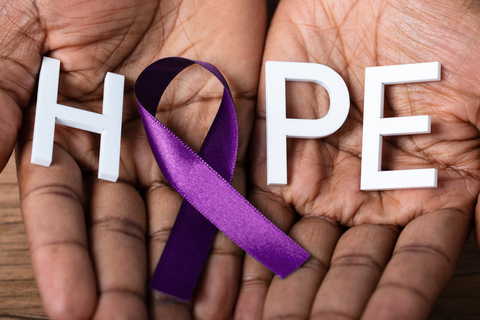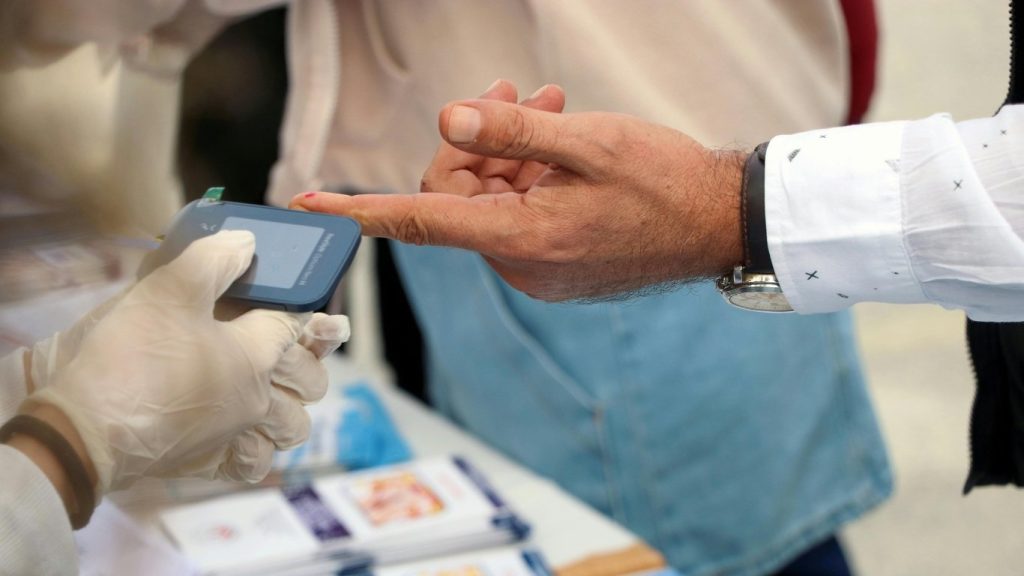Cancer
Cancer Medication Adherence in the Latinx/Hispanic Community
Hispanic/Latinx Community in the Us
Key Facts
19.5% of the US population is Hispanic/Latinx (US Census Bureau).
65.2 million Hispanic/Latinx indi...
Association of race and ethnicity with quality of care among head and neck cancer patients in California
Background:
There are significant racial disparities in head and neck cancer (HNC) outcomes. Racial differences in survival may be e...
One patient’s mission to support other young women with breast cancer
One patient’s mission to support other young women with breast cancer
Source link
New Study Shows Mobile Mammography Reach is Highest in Underserved Groups with Low Breast Cancer Screening Adherence
Newswise — Reston, VA – A recent study by the Harvey L. Neiman Health Policy Institute demonstrates that mobile mammography is generally used by wo...
Late-stage breast cancer incidence increasing in U.S. women
The rate of late-stage breast cancers is on the rise in the U.S., according to findings published December 10 in Radiology.
This goes for women in ...
Association between education and allostatic load with risk of cancer mortality among Hispanic women
Purpose:
Cancer remains the leading cause of death among Hispanics in the US. While social determinants of health, such as educational attainment,...
Trending Topics
Features
- Drive Toolkit
Download and distribute powerful vaccination QI resources for your community.
- Health Champions
Sign up now to support health equity and sustainable health outcomes in your community.
- Cancer Early Detection
MCED tests use a simple blood draw to screen for many kinds of cancer at once.
- PR
FYHN is a bridge connecting health information providers to BIPOC communities in a trusted environment.
- Medicare
Discover an honest look at our Medicare system.
- Alliance for Representative Clinical Trials
ARC was launched to create a network of community clinicians to diversify and bring clinical trials to communities of color and other communities that have been underrepresented.
- Reducing Patient Risk
The single most important purpose of our healthcare system is to reduce patient risk for an acute event.



















